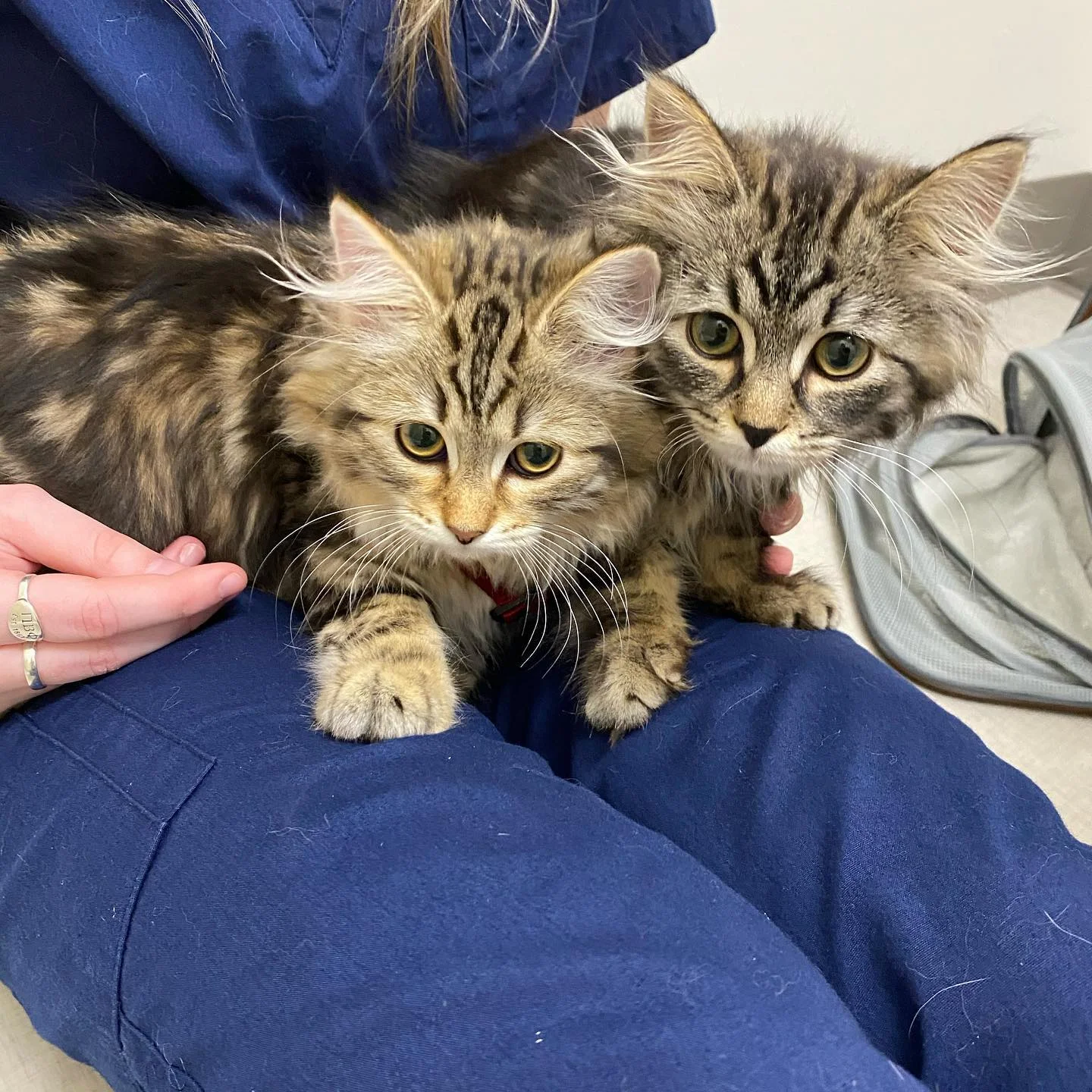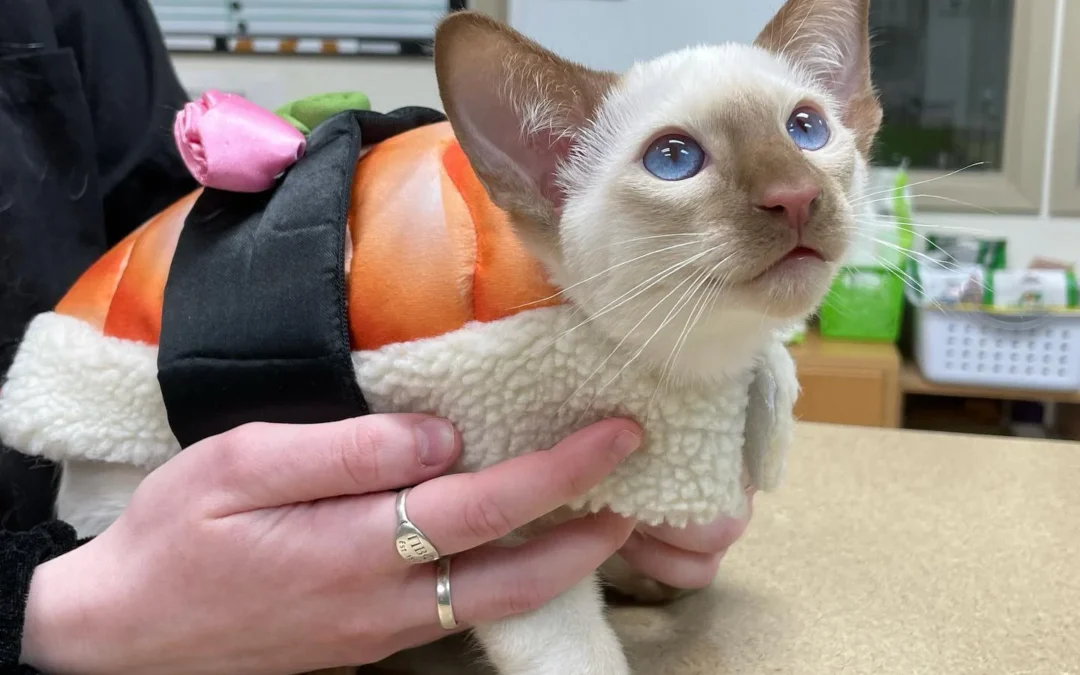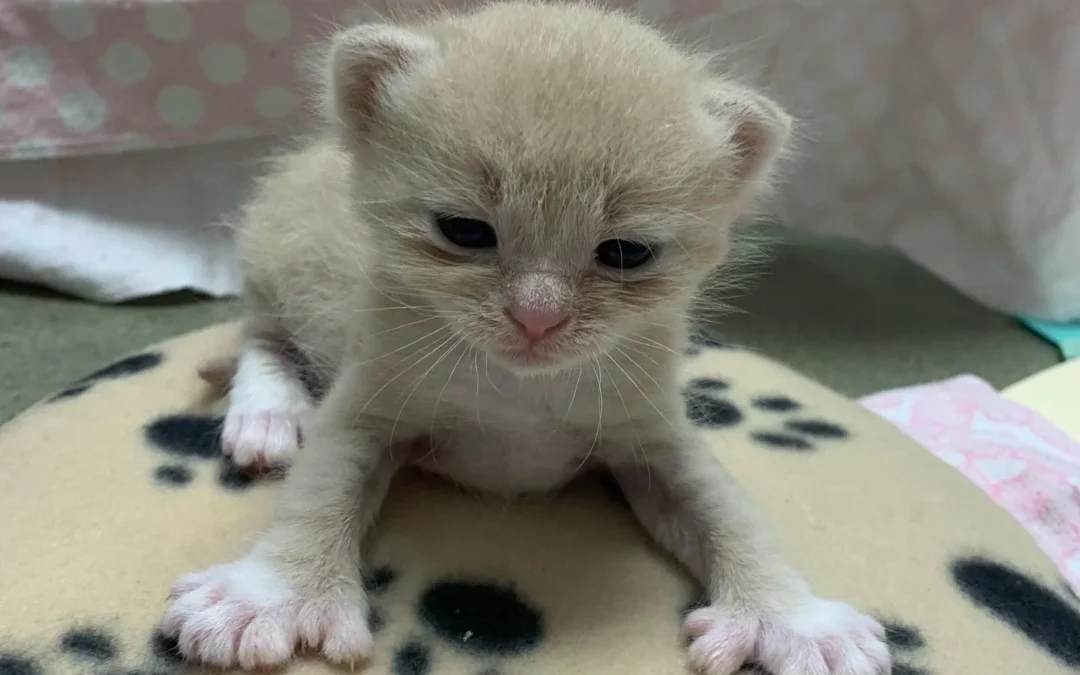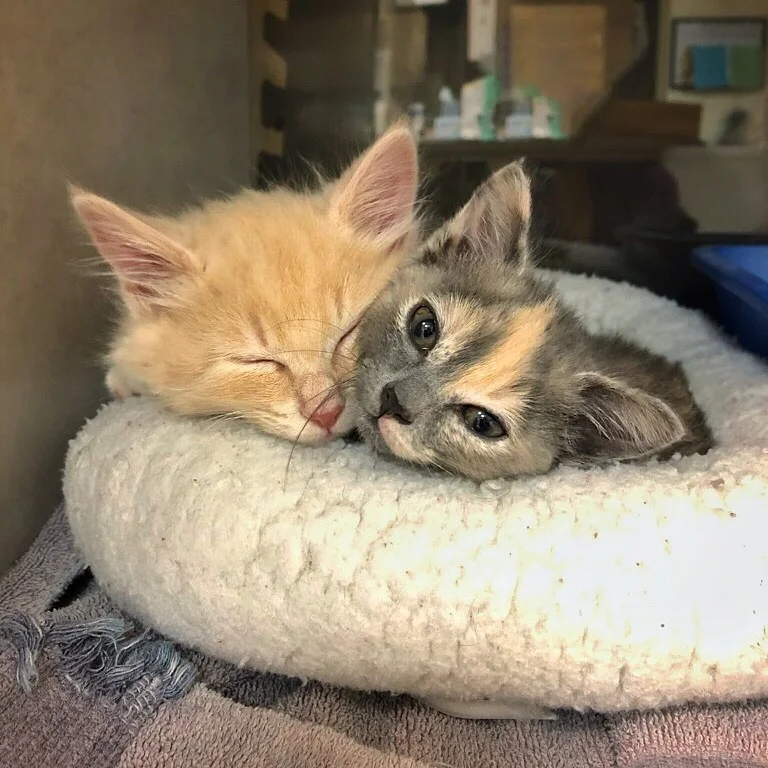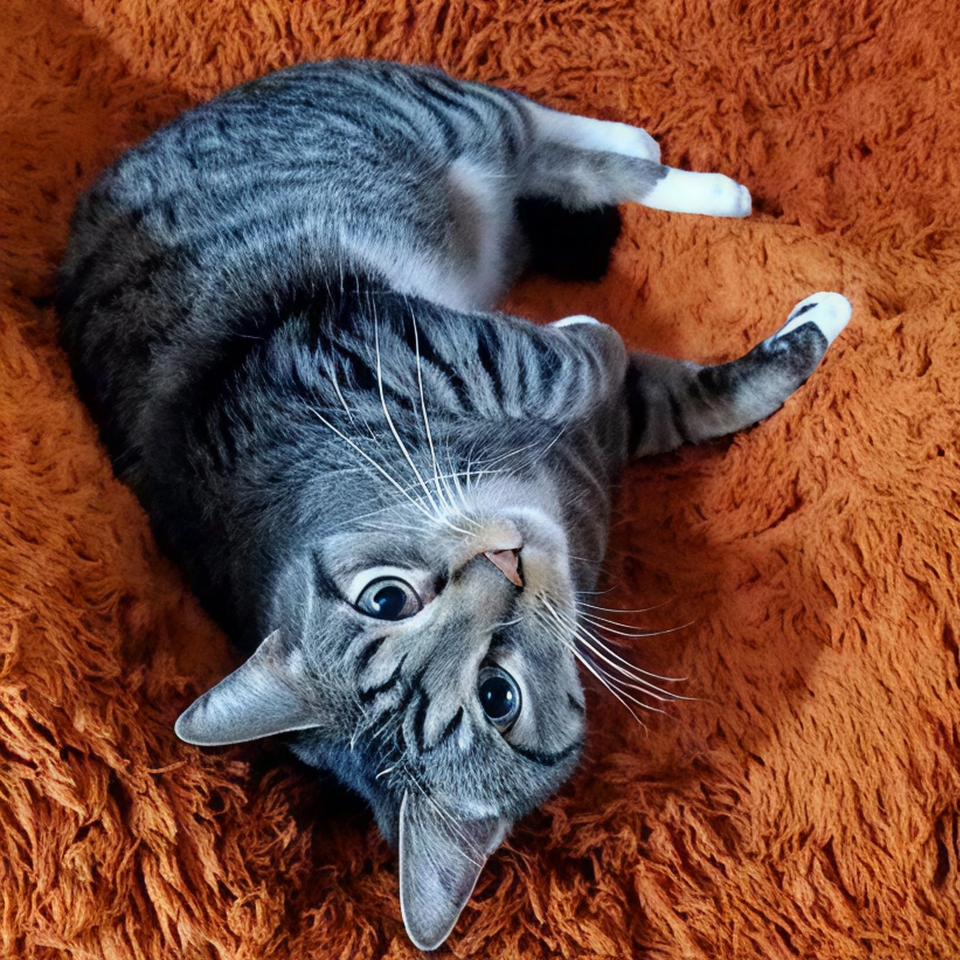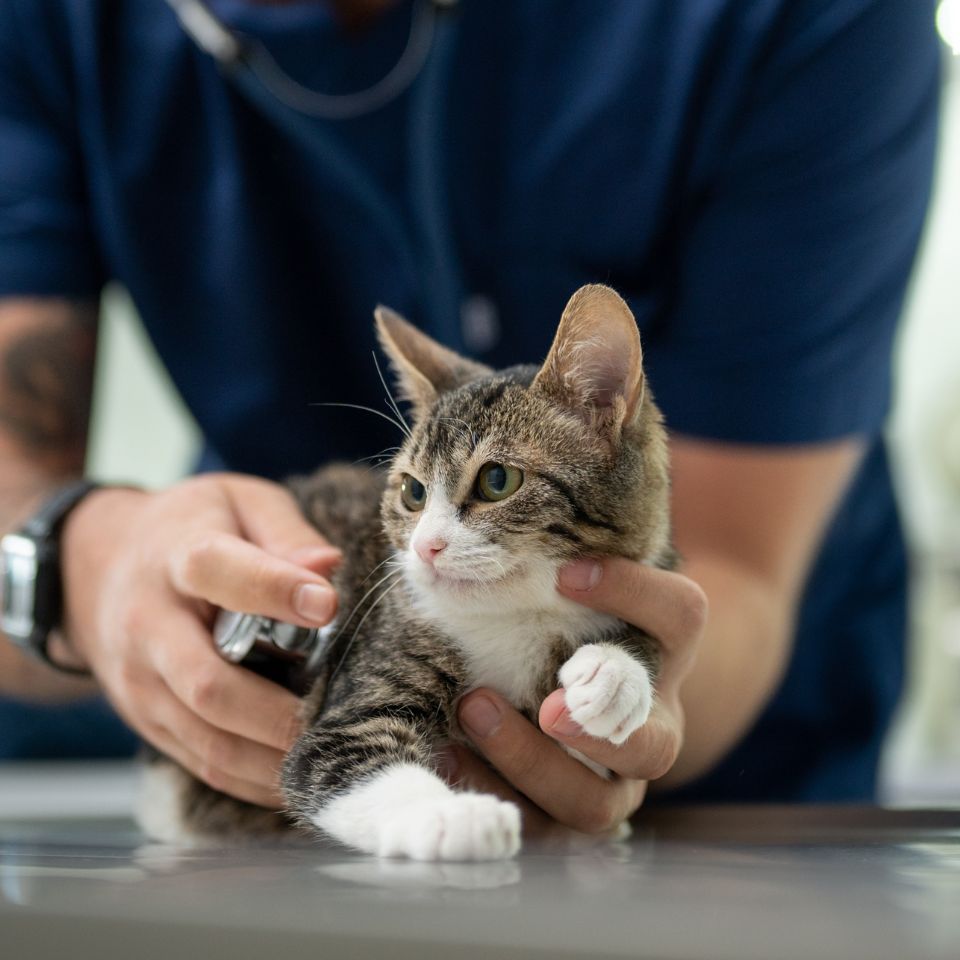Recognizing When Your Cat Needs Emergency Care
As a cat owner, it’s essential to recognize the signs of a true emergency. Many pet parents hesitate to seek urgent care, waiting too long before calling a vet. Here are 13 common cat emergencies that require immediate veterinary attention.
1. Severe Bleeding
If your cat is bleeding for more than five minutes, seek emergency care. Internal injuries, deep cuts, or unseen trauma may require immediate medical intervention.
2. Choking or Difficulty Breathing
Never attempt to remove an object from your cat’s throat. If your cat is gasping for air or struggling to breathe, seek veterinary care immediately.
3. Blood in Urine, Vomit, or Stool
Blood in bodily fluids can indicate internal bleeding, infection, or serious illness.
4. Inability to Urinate or Defecate
A urinary blockage is a life-threatening emergency, especially in male cats. If your cat is straining in the litter box without producing urine, seek care immediately.
5. Eye Injuries
Eye injuries can quickly worsen and cause permanent vision loss. If you notice swelling, excessive tearing, or cloudiness, call a vet.
6. Suspected Poisoning
Common toxic substances include:
- Household cleaners, antifreeze, pest poisons
- Certain plants (lilies, poinsettias, etc.)
- Human foods like chocolate, grapes, onions
Call ASPCA Poison Control (888-426-4435) if you suspect poisoning.
7. Seizures or Staggering
Seizures can indicate neurological disorders, poisoning, or underlying illness. Even if the seizure stops, a vet visit is necessary.
8. Lameness or Broken Bones
Sudden limping, inability to bear weight, or visible fractures require urgent care.
9. Signs of Extreme Pain or Anxiety
Cats hide pain well, so signs of distress, howling, or hiding require evaluation.
10. Heatstroke
Symptoms include panting, drooling, bright red gums, or collapse. Never leave your cat in a hot car or confined space without ventilation.
11. Severe Vomiting or Diarrhea
If persistent, dehydration can set in within hours, leading to severe complications.
12. Refusal to Drink Water
A cat that hasn’t drunk any water in 24 hours may be in distress.
13. Unconsciousness
If your cat is non-responsive or difficult to wake, seek immediate emergency care.
If your cat shows any of these symptoms, contact a vet immediately.

